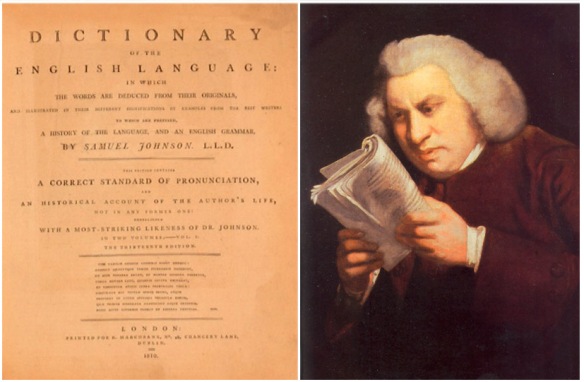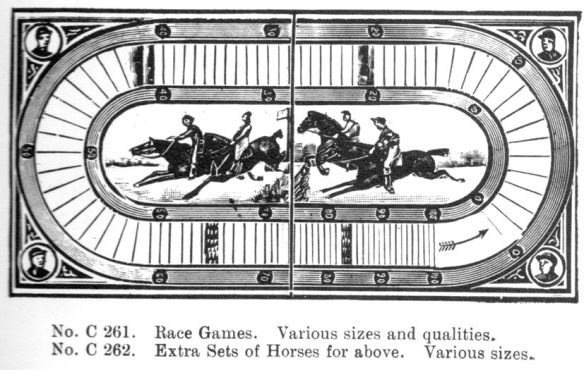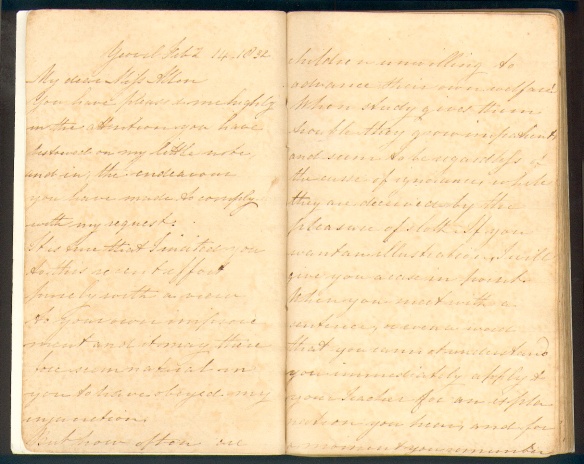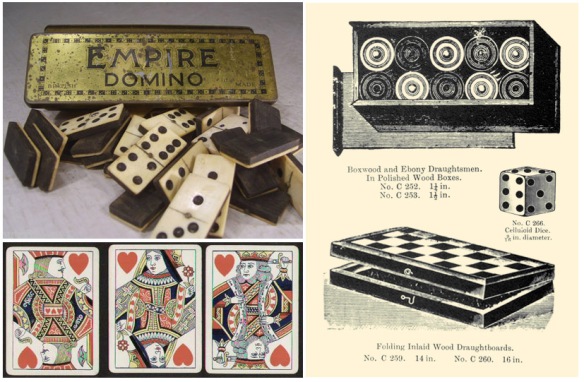An extract from the journal of Miss Susanah WELLINGTON (1819-1838) of Yeovil, Somerset. Susanah attended Mrs Eason’s School in Yeovil, she was 12 years old when she transcribed this letter into her notebook.
The transcript of a letter from Charlotte Bowles (possibly a head teacher) in reply to a letter from one of her pupils, Miss Allen.
Yeovil Feby 14 1832
My dear Miss Allen
You have pleased me highly in the attention you have bestowed on my little note and in the endeavour you have made to comply with my requests.
It is true that I invited you to this recent effort merely with a view to your own improvement and it may therefore seem natural in you to have obeyed my injunction.
But how often are children unwilling to advance their own welfare! When study gives them trouble they grow impatient and seem to be regardless of the curse of ignorance while they are deceived by the pleasure of sloth.
If you want an illustration, I will give you a case in point. When you meet with a sentence or even a word that you cannot understand you immediately apply to your teacher for an explanation. You hear, and for a moment remember but in a day or two afterward the word and its meaning are both forgotten.
Now I would advise you never to enquire of anyone the explanation of a single term that is not clear to your apprehension, but refer at once to the dictionary and possess yourself fully of what you wish to comprehend, then look again to the volume or the page in which your difficulty began and you will generally find that the sentence which seemed cloudy and obscure is now as clear as noonday.
For this reason I must beg you to read my communications attentively nor would I have you shrink from examining Johnson, though it may impede your perusal and lessen your pleasure. To guess at the meaning as you hear or perceive it to be used by another is to forfeit your own command of that word when it might be of use to you if it lay within your reach.
You may receive it as a truth, my dear that what money is to the affluent, that language is to society. It will take you where you please and purchase for you whatever you want. How necessary then is it for a Christian to enjoy this intellectual wealth that he may dispense it for the benefit of his fellow man!
You will observe the truth of these remarks when you are placed by friends in a delicate situation as for instance when you are invited to join in a game at cards and yet you feel reluctant on account of your principles. And since you ask my counsel in this affair, I will give it you freely. Games of chance, as they are called, ought to be prohibited by every cultivated mind apart from the requisition of piety for in such recreation there is no exercise for the intellect any more than for the heart.
Now in the game of dominoes there is a little arithmetic needed, but this is all. And in the game of Whist a great deal of skill is required in order to play with success. But viewed in a more extensive latitude, cards and dominoes are games of chance. I should therefore abstain from them on the grounds of my rationality no less than my religion. But even if I could prove them to be innocent, when looked upon merely as pastimes yet I should account them criminal if they were regarded as a sign of conformity to the world.
If by my playing at cards with the irreligious they will reckon me one of their number, I will not touch a card while the world stands. Then again it should be asked Who are they that invite you to play at cards?
If they be ungodly, I have told you why I would not join them and if they be professors of religion, I am afraid they do not live beneath its power or else they would learn to deny themselves and abstain from the very appearance of evil. If you [find] these reasons satisfactory, you can offer them the next time you are solicited to play at cards.
I have suffered this subject to engross my time till the last moment of it is nearly expended, else I would notice your request concerning the tuition of Sabbath Scholars, but I shall find an opportunity for this another day. You will be so good as to let the other young ladies read my observations on language and assure them as well as yourself that I am their sincere friend and yours
Charlotte Bowles
. . . . . . . . . . . . . . . . . . . . .
A week earlier Charlotte BOWLES wrote her first letter to her students. She encouraged them to enlighten themselves by asking questions and invited them to write to her. It appears she may have been inundated by correspondence from the girls looking to her to provide the answers to all their questions.
She thanks Miss ALLEN for confiding in her, and is very encouraging. But, I get the feeling Charlotte BOWLES is mildly disappointed that the girls are asking her for explanations on subjects they could find the answers to themselves, if they only read their textbooks.
She strongly suggests Miss ALLEN should consult Dr Johnson’s Dictionary in order to seek clarification on unknown words, so that, “the sentence which seemed cloudy and obscure is now as clear as noonday”.
Dr Samuel JOHNSON (1709-84) was an English poet, essayist, editor and lexicographer. Dissatisfied with works of the period, a group of London booksellers contracted Samuel Johnson to compile a dictionary. Johnson spent nine years working on it, virtually single-handed, and his Dictionary of the English Language was published in 1755. It had a far-reaching effect on Modern English and has been described as “one of the greatest single achievements of scholarship.” Johnson’s was viewed as the pre-eminent dictionary for libraries, schools and colleges throughout Britain and the Empire, until the completion of the Oxford English Dictionary 170 years later.

Title page of Dr Samuel Johnson’s dictionary beside an image of the man himself pulling a book’s cover back and concentrating intently on its words – from a 1775 portrait by Joshua Reynolds.
Charlotte BOWLES shares wise words with her student when she says, “what money is to the affluent, language is to society”. It will take you where you please and purchase for you whatever you want.
The teacher then continues her letter with a moral lesson on the subject of games of chance. She definitely frowns upon card games. Even the popular parlour game of Whist is too much of a corruption and she will never play it. She does concede that the game of Dominoes has a small educational value as “there is a little arithmetic needed”.
But that seems to be her only concession, as she advises Miss ALLEN to stick to her principles and abstain from this kind of recreation on the grounds of rationality and religion. Who, in this day and age, imagines a game of Dominoes could be responsible for the corruption of respectable young ladies? Could it really be the “slippery slope” that sends them into a life of vice and gambling?
I can’t imagine it would, in fact I’m of the belief that card games and board games can aid in the education of children. Life isn’t always fair, and games of chance help teach an important lesson. In an age of instant gratification, with parents that over-indulge their children and prize ribbons for all, it can be a real shock to the emotional state of a young adult when they find things do not go their way. They just don’t know how to cope.

Is there a reason a young woman in a short skirt, high heels and with a fascinator stuck on her head spends a boozy day at the Spring Racing Carnival? Maybe it’s because she loved to play the board game ‘Steeplechase’ as a child.
Playing a game of Monopoly or Risk can be very frustrating. When you have been leading all the way, and you have victory snatched away at the very end because of an unlucky roll of the dice, you feel like tipping the board on the floor and stamping your feet. Life is like that, and kids need to learn to lose graciously, and then develop strategies so they are better prepared the next time they play.
I am sure that Miss ALLEN, Susanah WELLINGTON and the other young ladies growing up in the 1830s did not need games of chance to teach them that life was not all springtime and country dances. They would have seen the reality of life and death on a daily basis. Holding on to their belief in God, following a pious life and educating themselves would have given them comfort and enjoyment. But surely a game of Dominoes every once in a while would not harm the soul.
. . . . . . . . . . . . . . . . . . . . .
Sources: Susanah Wellington’s Journal, Hastings family collection. You can read more about it here: susanah’s journal – somerset to sydney. Journal transcription by Terry HASTINGS.



Hi Susan,
Thanks for your last email message. I’m now catching up on the entries you have constructed around Susanah’s diary. Brilliant work! I have really enjoyed the illustrations and elucidation that accompanies the text.
Pingback: susanah’s journal – manners and morals | branches of our family
Thanks again for this most interesting piece of life in the 1830’s. What a great privelege we have, (thanks to those who have cherished these possessions of the past), to share in this way. Thanks too, to Terry (you probably don’t remember our family staying with you in 1956?).